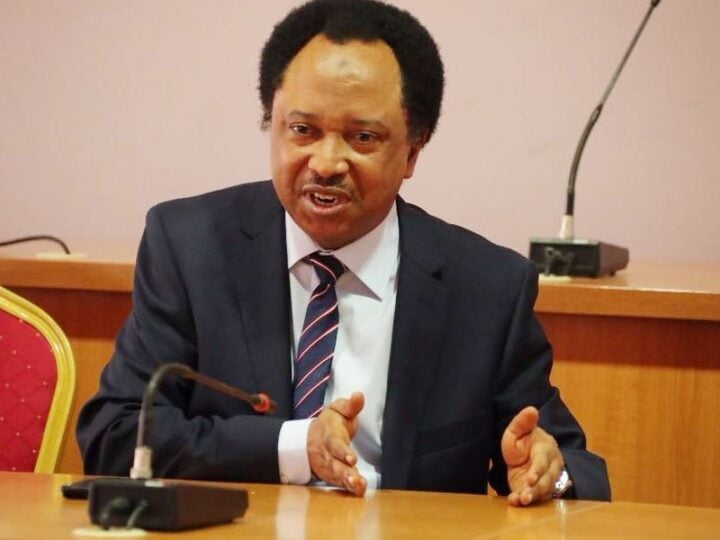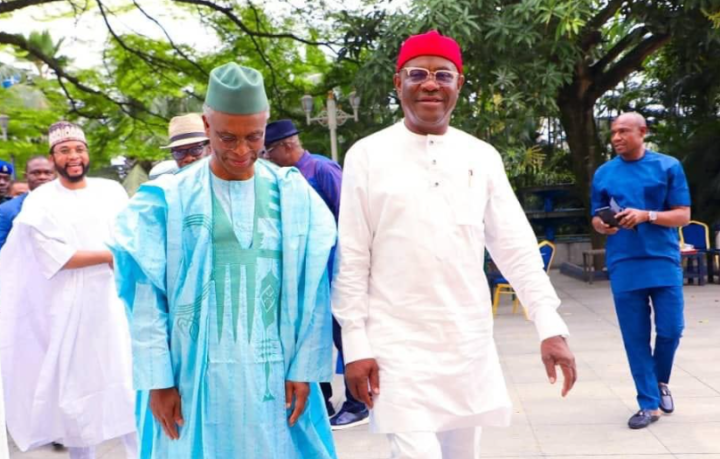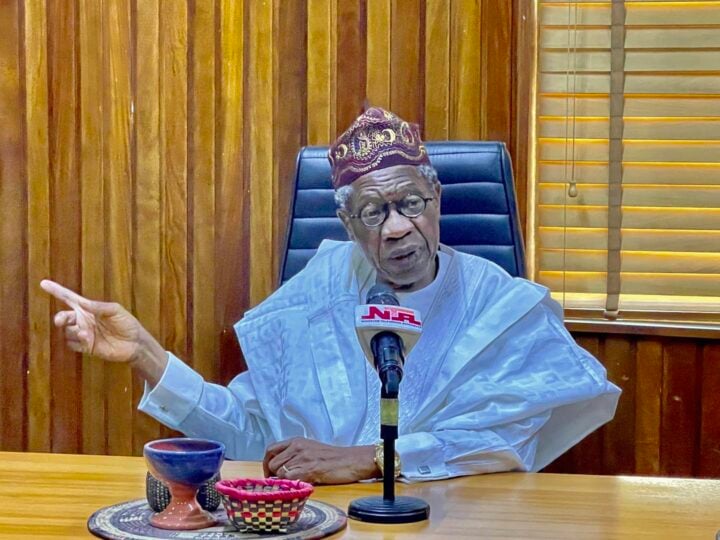KPMG Nigeria says the naira faces risk of further depreciation in 2023 due to the recent decline in foreign capital importation into Nigeria.
In an article released on Thursday, titled, ‘Precipitous Decline in Foreign Capital in a Transition Period’, the firm predicted that the country may also struggle to attract foreign capital during the year, unless crude oil and non-oil exports are increased.
The National Bureau of Statistics, in its latest report, had said capital importation into Nigeria declined by 8.53 percent in the fourth quarter (Q4) of 2022.
According to the statistics office, the total capital imported into Nigeria in the period under review, was valued at $1.06 billion — down from $1.16 billion in Q3 2022.
Advertisement
KPMG, in its analysis, attributed the decline in capital importation to the rounds of global economies’ monetary tightening, as well as low investor confidence due to the ambiguous foreign exchange regime.
Other factors include challenges in accessing foreign exchange, high foreign exchange volatility, unflattering ratings by Moody’s and Standards and Poors’, continuous security challenges, high cost of doing business, weak growth, high inflation and interest rates, and fiscal and monetary constraints.
The company said investors may also be finding it difficult to make certain investment decisions in a period of tense political transition.
Advertisement
“Capital importation figures has now shown a persistent decline from $23.9 billion in 2019, $9.65 billion in 2020, $6.70 billion in 2021, and $5.32 billion in 2022,” KPMG Nigeria said.
“The importance of capital inflows in a country where foreign exchange is in high demand to stimulate economic activity is very clear.
“Accordingly, the continuous decline in foreign capital inflows in the presence of dwindling crude oil sales, and [a] generally poor and unstable export earnings, has slowed down foreign reserves accretion and widened the foreign exchange supply gap, thereby putting pressure on the exchange rate which has depreciated for the most part since 2022.
“Additionally, inadequate access to foreign exchange has constrained inputs for production leading to higher production costs, lower revenues and slower economic growth.”
Advertisement
KPMG Nigeria said the country is currently experiencing an economic slowdown which suggested a weakened consumer demand, hyperinflation, high interest rates and a more volatile fiscal and monetary conditions.
“While substantial reforms may yet be done to reverse the trend of declining foreign capital in the long term, we believe that in the meantime, the country will struggle to attract increasing foreign capital for most of 2023 and struggle to keep the exchange rate from depreciating further, unless it is able to boost its crude oil and non-oil exports, especially now that oil prices are once again rising,” the professional services firm said.
Add a comment






